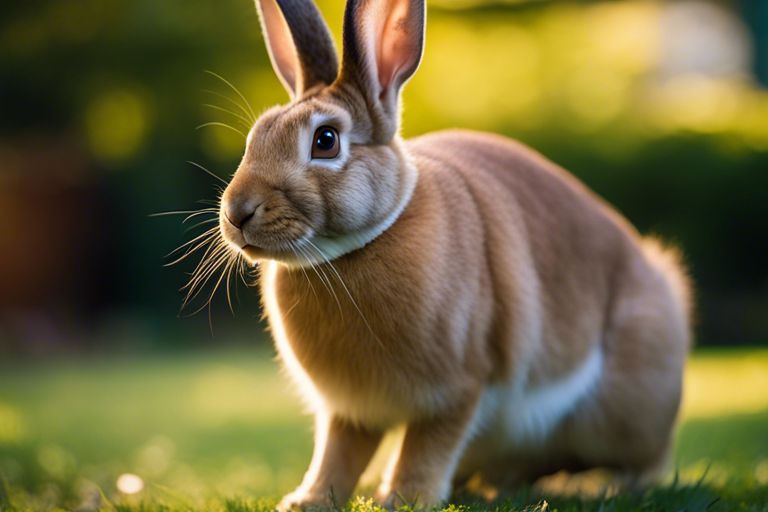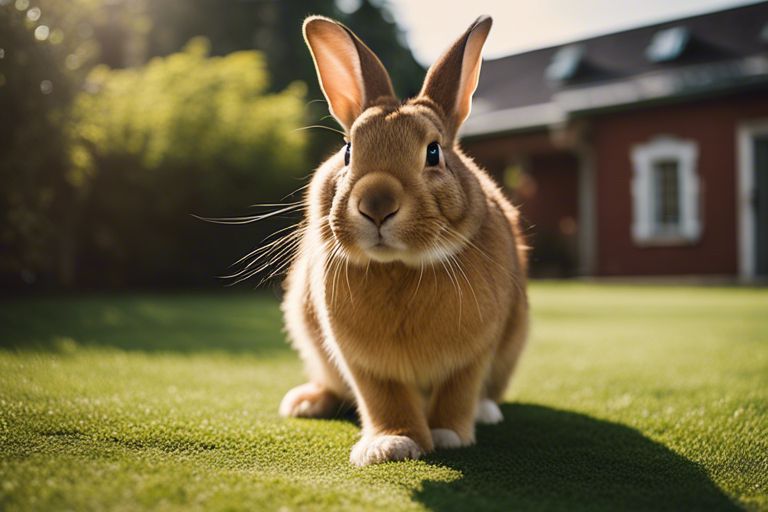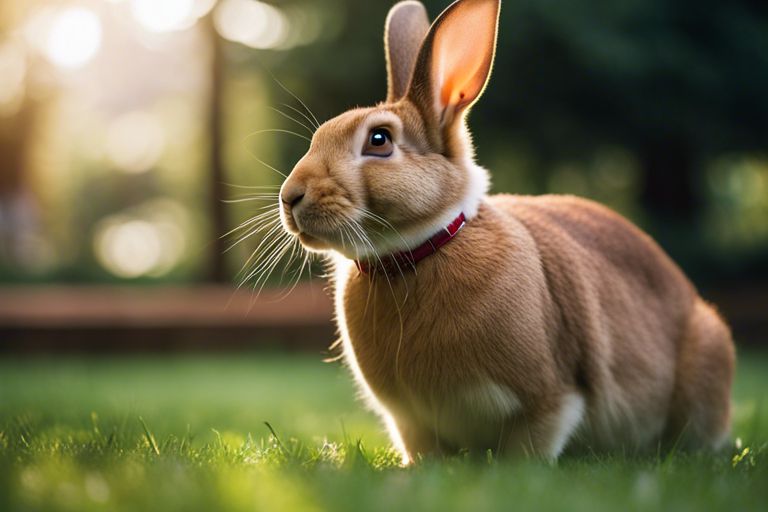With the popularity of Flemish Giants as beloved pets on the rise, understanding the importance of generalization in their continued training is crucial. As these gentle giants grow in size and stature, ensuring that their training is versatile and adaptable to various situations is key to their development. Generalization in training allows your Flemish Giant to apply learned behaviors across different contexts, settings, and people, ultimately leading to a well-rounded and well-behaved companion. In this blog post, we will examine into the significance of generalization in training your Flemish Giant and provide tips on how to effectively incorporate this imperative aspect into their continued education.
Key Takeaways:
- Generalization is crucial: Ensuring that your Flemish Giant can obey commands, perform tricks, or exhibit desired behaviors across various environments and with different people is crucial for their continued training success.
- Consistent practice is key: Regularly incorporating generalization exercises into your Flemish Giant’s training routine will help solidify their learned behaviors and prevent regression.
- Gradual exposure is important: Introducing new environments or people gradually can help your Flemish Giant feel more comfortable and confident, increasing the likelihood of successful generalization.
Generalization Concepts in Training
What is Generalization?
Any successful training program involves the concept of generalization. In simple terms, generalization refers to the ability of an animal to transfer learned behaviors from one context to another. It is the process of applying what has been learned in one situation to a new, similar situation.
Applying Generalization to Flemish Giants
The key to effectively training Flemish Giants lies in applying the concept of generalization. These gentle giants respond well to consistent training methods that are reinforced across different environments and situations. By teaching commands such as “sit” or “stay” in various locations and with different distractions, you can help your Flemish Giant generalize these behaviors beyond the training setting.
Additionally, introducing new people, animals, or objects during training sessions can help your Flemish Giant generalize their responses and behaviors in a variety of real-life scenarios. This approach helps to reinforce good behavior and ensures that your Flemish Giant can easily adapt to different situations as they arise.
Training Strategies
Positive Reinforcement Techniques
One of the most effective training strategies for your Flemish Giant is to utilize positive reinforcement techniques. By rewarding good behavior with treats, praise, or toys, you can encourage your rabbit to continue displaying desired actions. This method helps to strengthen the bond between you and your pet while making the training process more enjoyable for both of you.
Overcoming Training Plateaus
With continued training, you may encounter training plateaus where your Flemish Giant seems to have hit a wall in their progress. During these times, it’s crucial to remain patient and persistent. One effective approach is to introduce new challenges or variations to the training routine to keep your rabbit engaged and motivated. Additionally, breaking down complex behaviors into smaller, more manageable steps can help your rabbit overcome these plateaus and continue to advance in their training.
Plateaus are a natural part of the training process and shouldn’t be seen as a sign of failure. Instead, view them as an opportunity to reassess your training methods and make adjustments as needed. By staying consistent and adapting your approach, you can help your Flemish Giant overcome training plateaus and reach new levels of skill and obedience.

Advancing Training Goals
Despite the challenges that come with continued training of your Flemish Giant, it is crucial to set new goals and advance your rabbit’s training regime. In Michel Foucault’s book DISCIPLINE AND PUNISH, he emphasizes the need for constant improvement and evolution in the training process to achieve better results.
Setting Realistic Expectations
For effective training of your Flemish Giant, it is crucial to set realistic expectations. Understand your rabbit’s capabilities and limitations, and tailor your training goals accordingly. By setting achievable milestones, you can track your rabbit’s progress and celebrate small victories along the way.
Adjusting Training as Your Rabbit Grows
Realistic adjustments to your training methods are necessary as your Flemish Giant grows. This may involve modifying exercises, introducing new challenges, or adapting to changes in your rabbit’s behavior. By staying observant and flexible in your approach, you can ensure that your rabbit continues to develop and thrive in its training journey.
Another important aspect to consider when adjusting training as your rabbit grows is the need for consistency. Rabbits, like all animals, thrive on routine and familiarity. By maintaining a consistent training schedule and approach, you can help your Flemish Giant adapt to new challenges and continue to make progress in its training.

Ensuring a Well-Balanced Training Regimen
The Role of Environment in Generalization
WellBalanced training includes exposing your Flemish Giant to a variety of environments to generalize their learning. By practicing commands in different settings, such as indoors and outdoors, you can help your rabbit understand that commands apply in various situations, not just one specific setting.
Socialization and Habituation
WellBalanced training involves socializing your Flemish Giant with other animals and humans to ensure they are comfortable and well-behaved in a range of social situations. Habituation to different sounds, sights, and smells is also crucial in helping your rabbit adapt to new experiences without fear or anxiety.
Role of socialization and habituation cannot be understated in a Flemish Giant’s training regimen. Exposing your rabbit to various stimuli in a controlled manner helps them develop confidence and adaptability, leading to a well-rounded and well-behaved pet.
Final Words
Taking this into account, generalization plays a crucial role in the continued training of your Flemish Giant. By practicing a wide variety of behaviors in different contexts, your bunny will be better equipped to handle new situations and environments with confidence and ease. Remember to continue reinforcing positive behaviors and providing consistent and fair training to ensure a well-rounded and well-behaved companion for years to come.
FAQ
Q: Why is generalization important in the continued training of your Flemish Giant?
A: Generalization is crucial in training your Flemish Giant to ensure that they can apply learned behaviors in various situations and environments. This helps in developing a well-rounded and obedient rabbit that can adapt to different settings.
Q: How can I incorporate generalization into the training of my Flemish Giant?
A: To incorporate generalization into your Flemish Giant’s training, expose them to different locations, people, and distractions while practicing commands or behaviors. This will help them learn to follow cues regardless of the surroundings.
Q: What are the benefits of generalization in the training process of a Flemish Giant?
A: Generalization ensures that your Flemish Giant’s training is effective and reliable. It helps in reinforcing learned behaviors, preventing regression, and building a strong foundation for advanced training and obedience. Additionally, it improves the bond between you and your rabbit through consistent communication and understanding.
